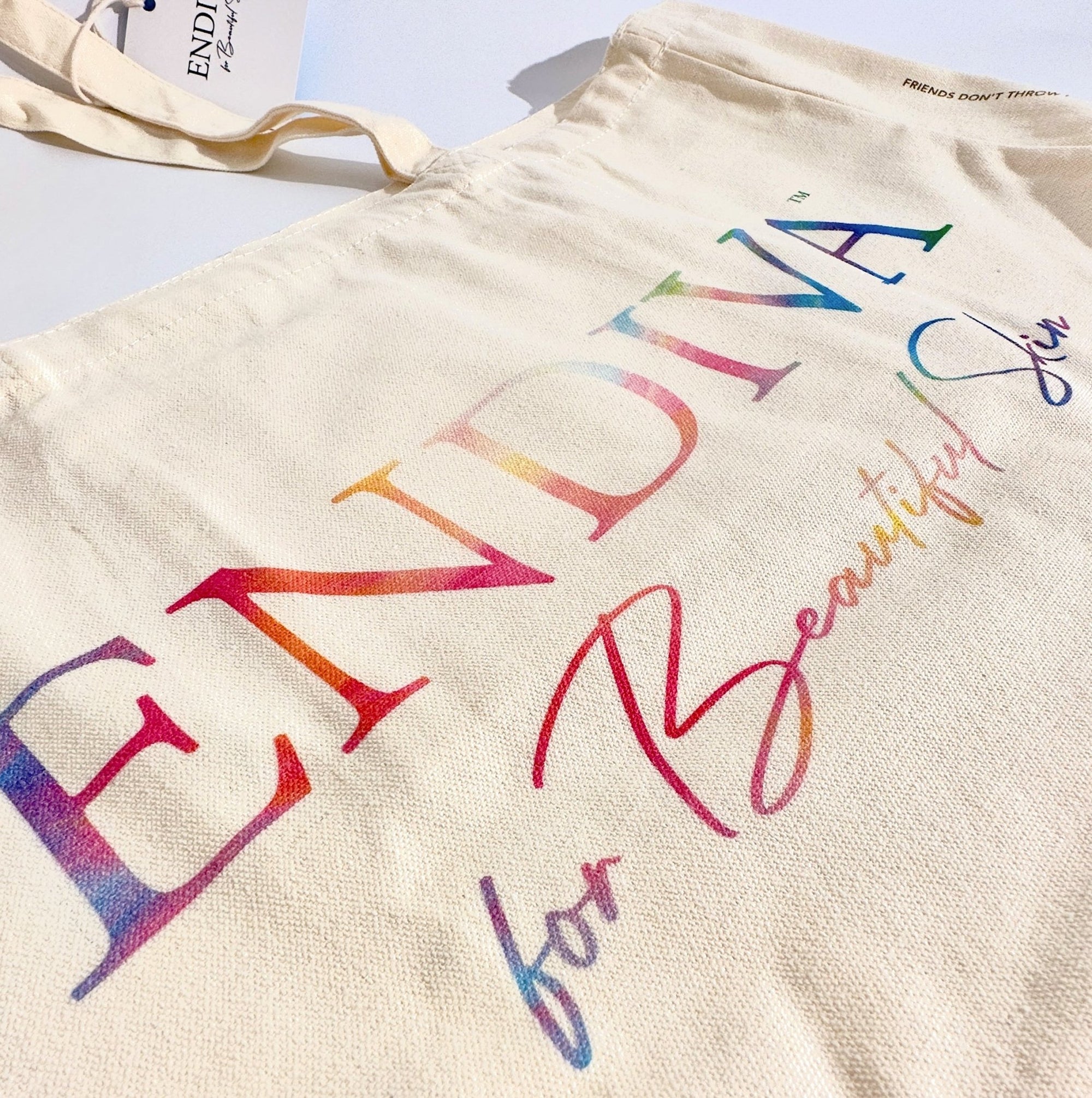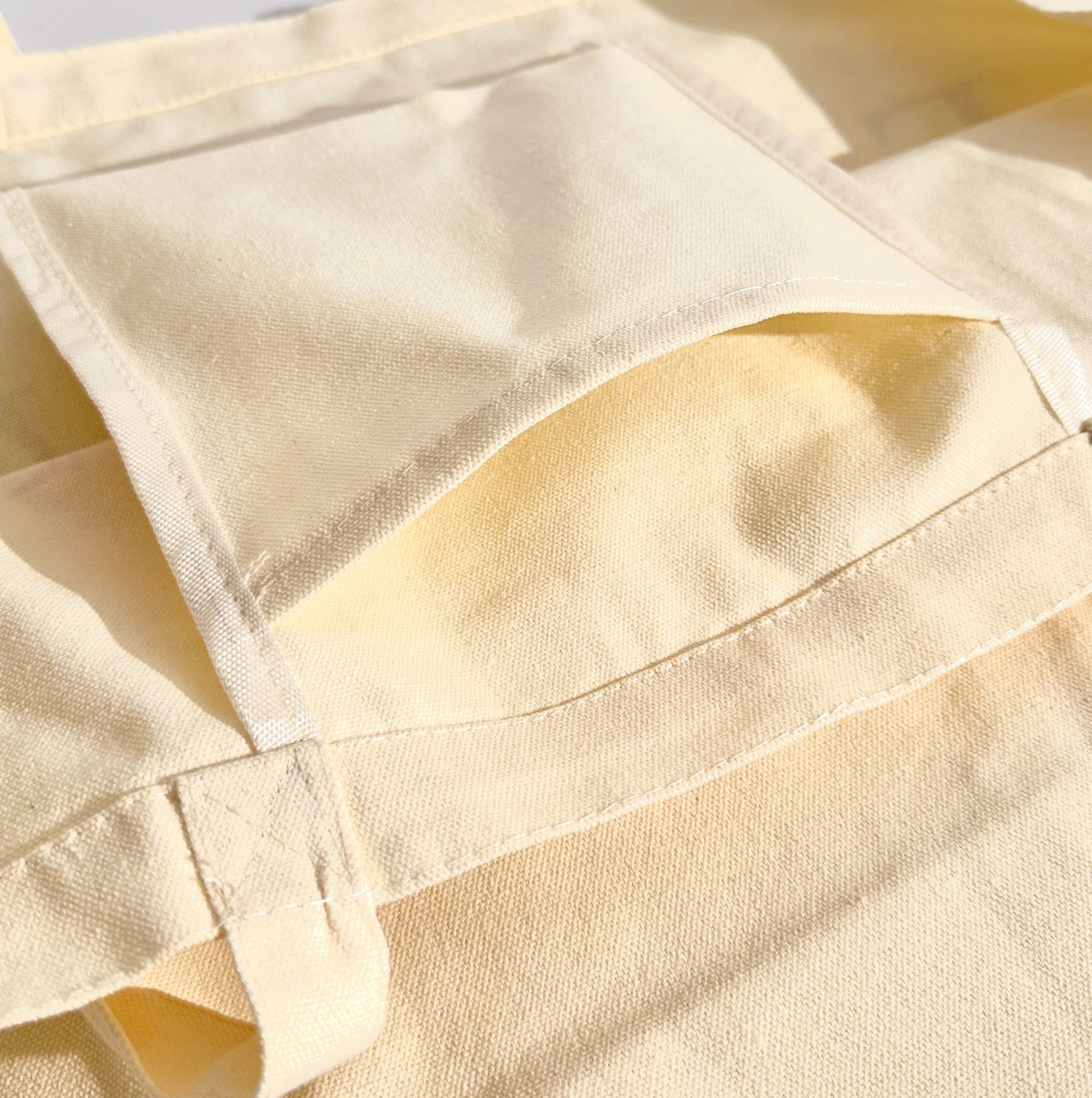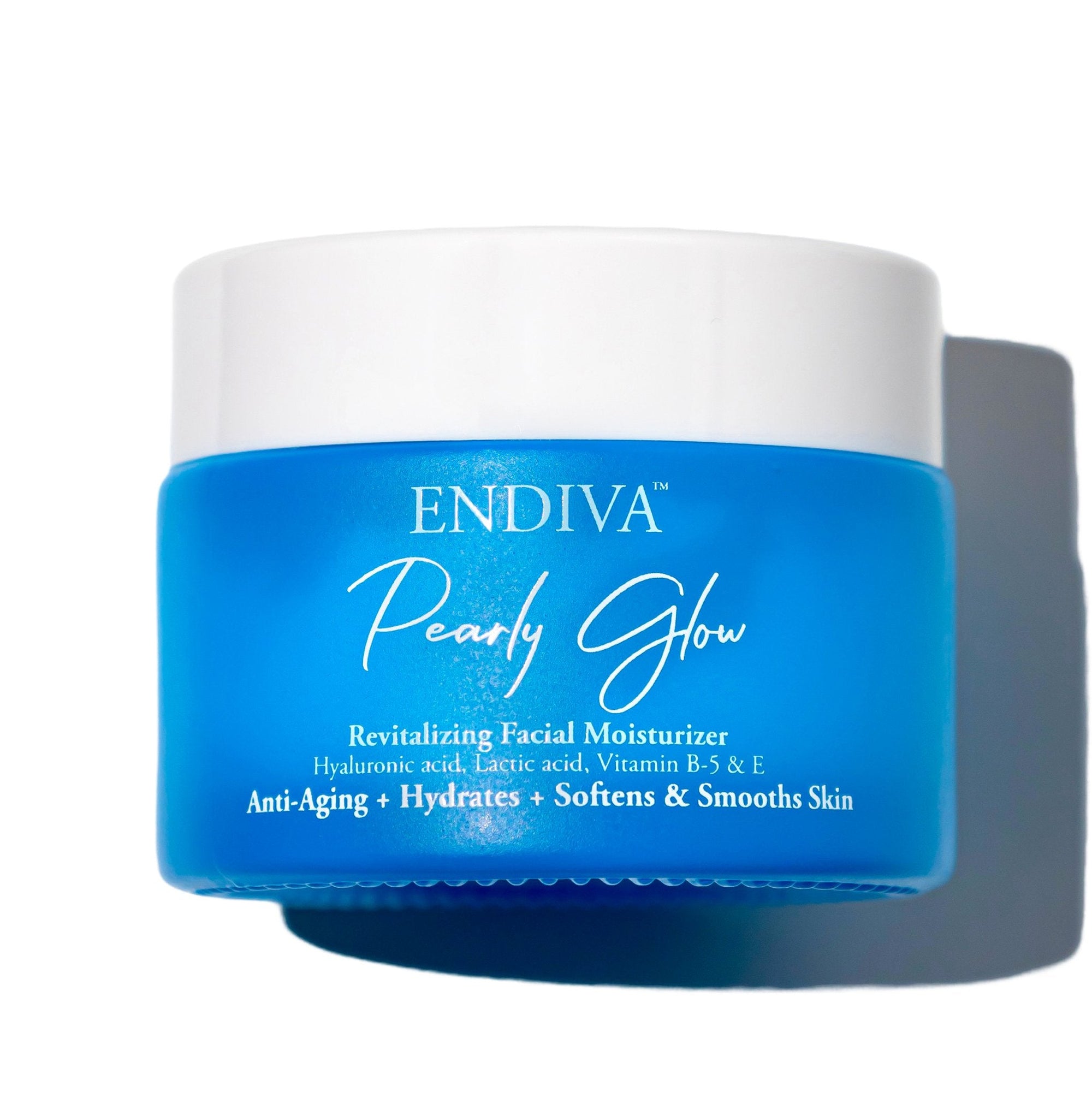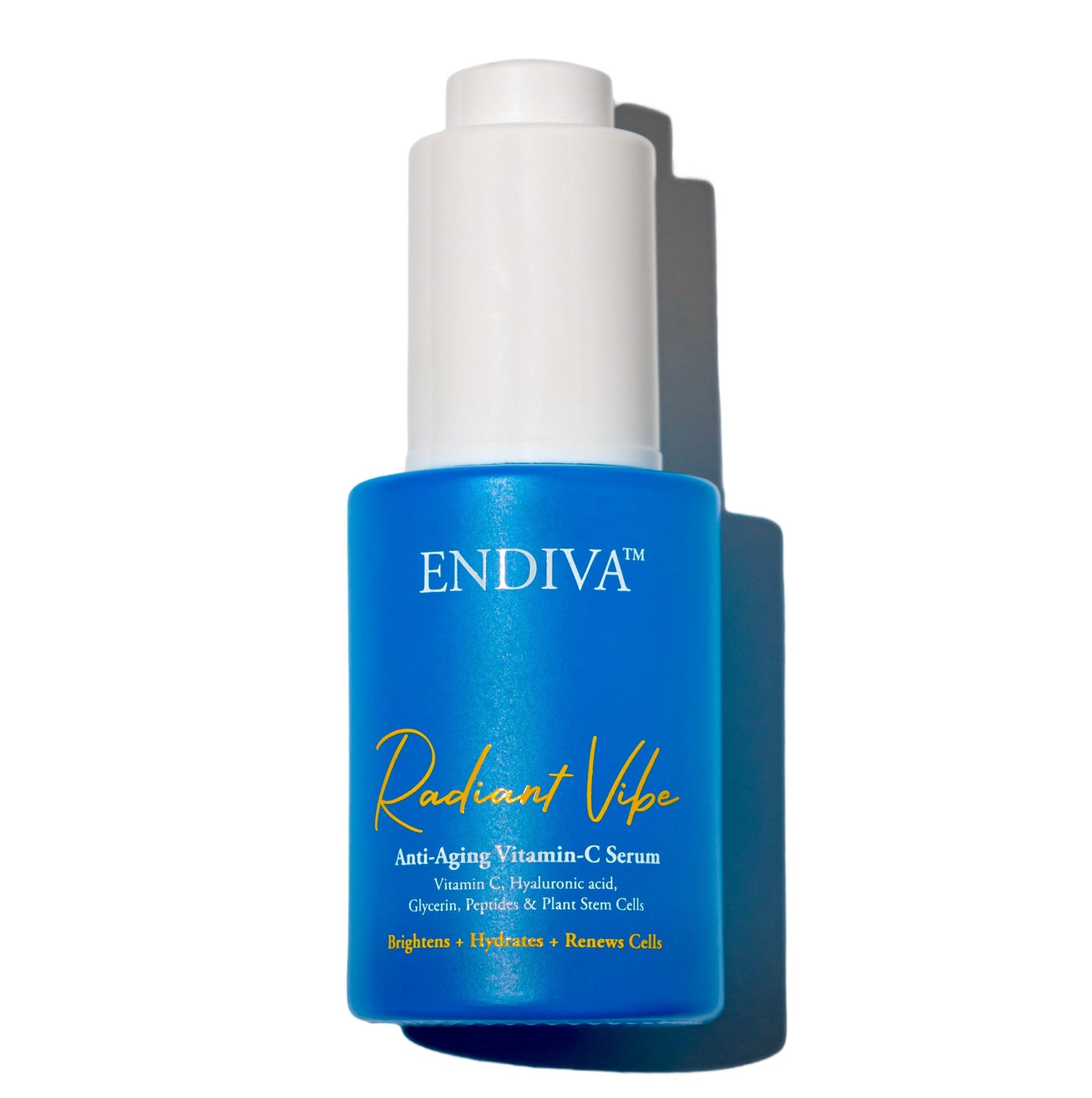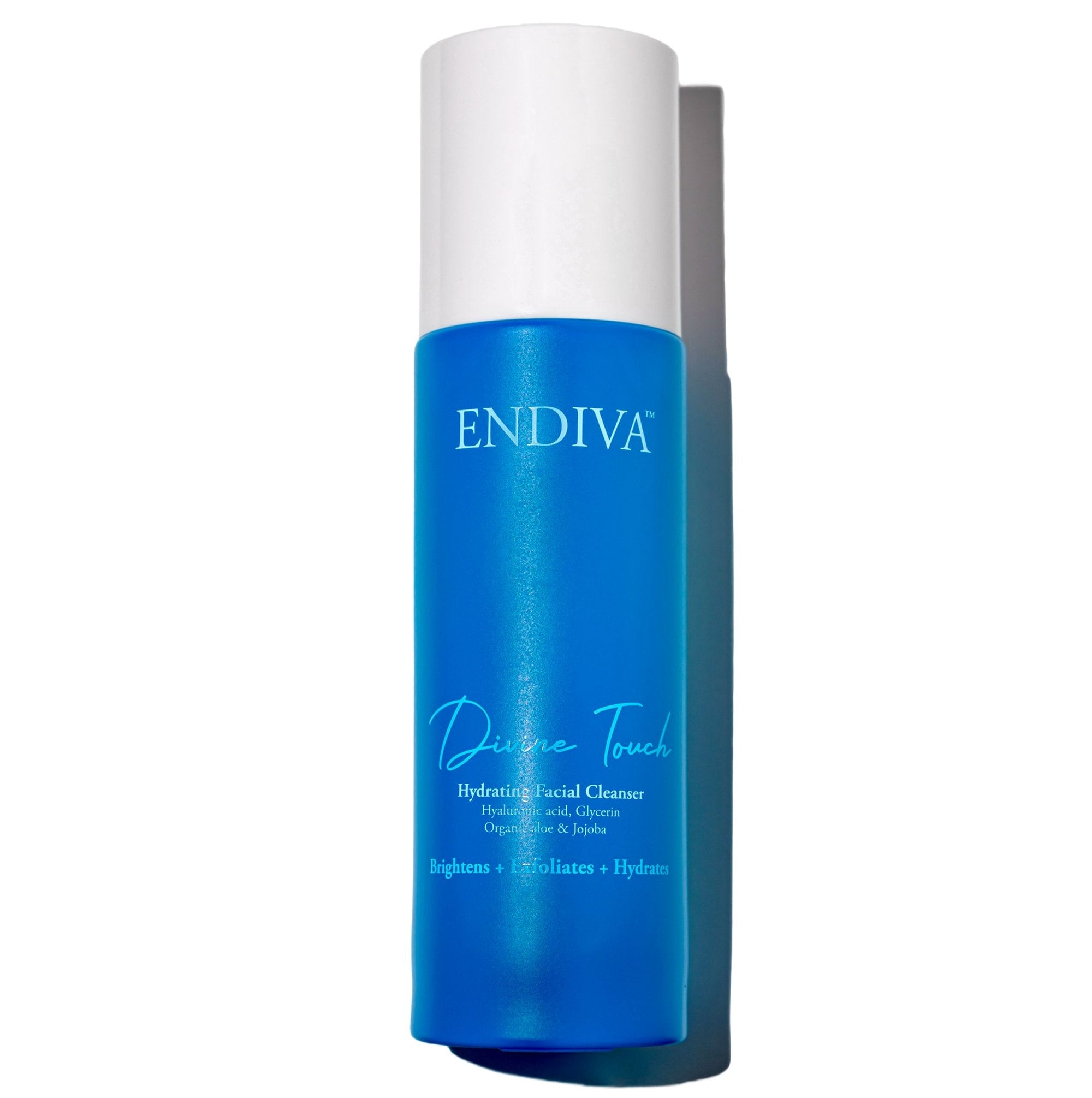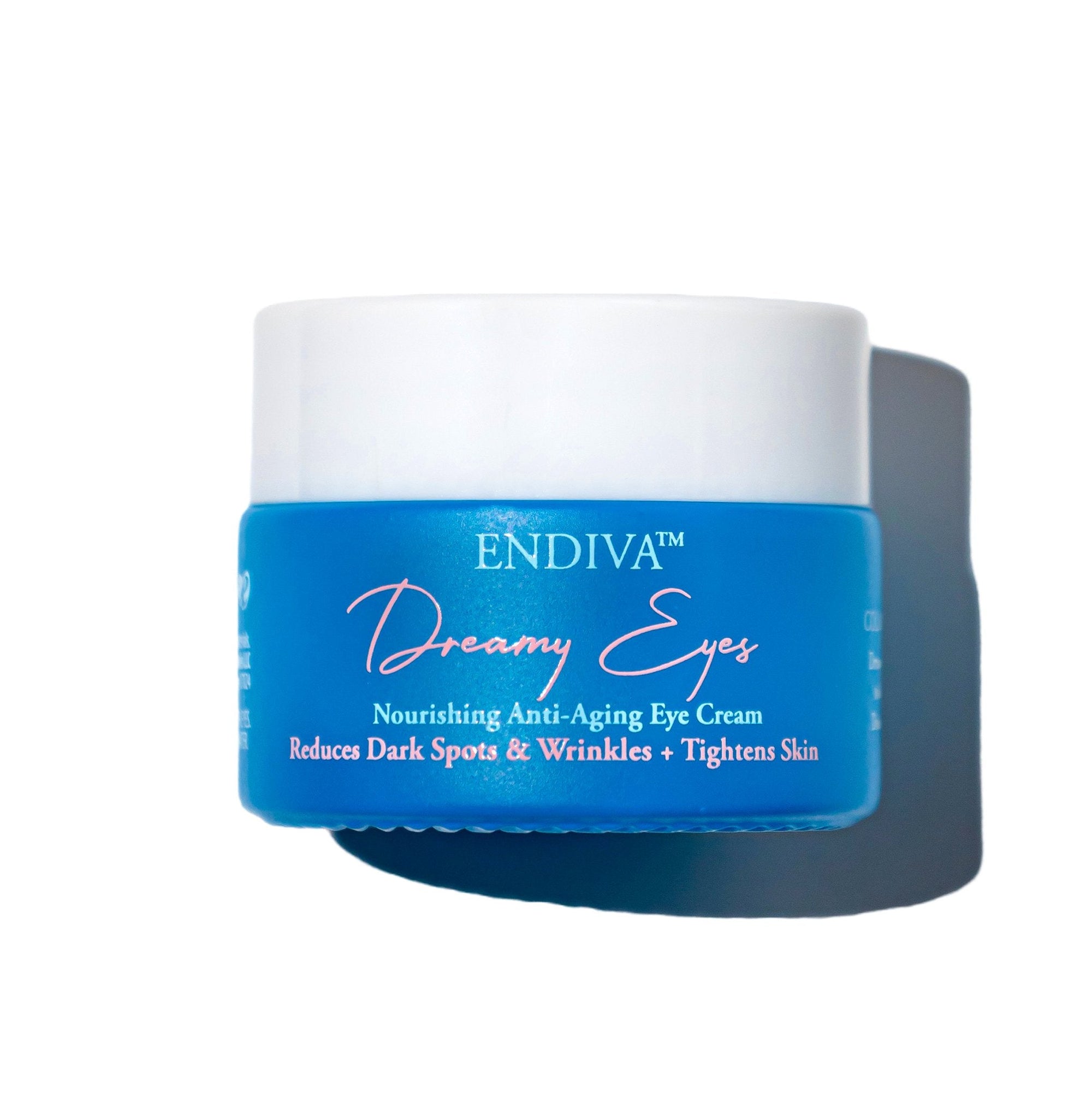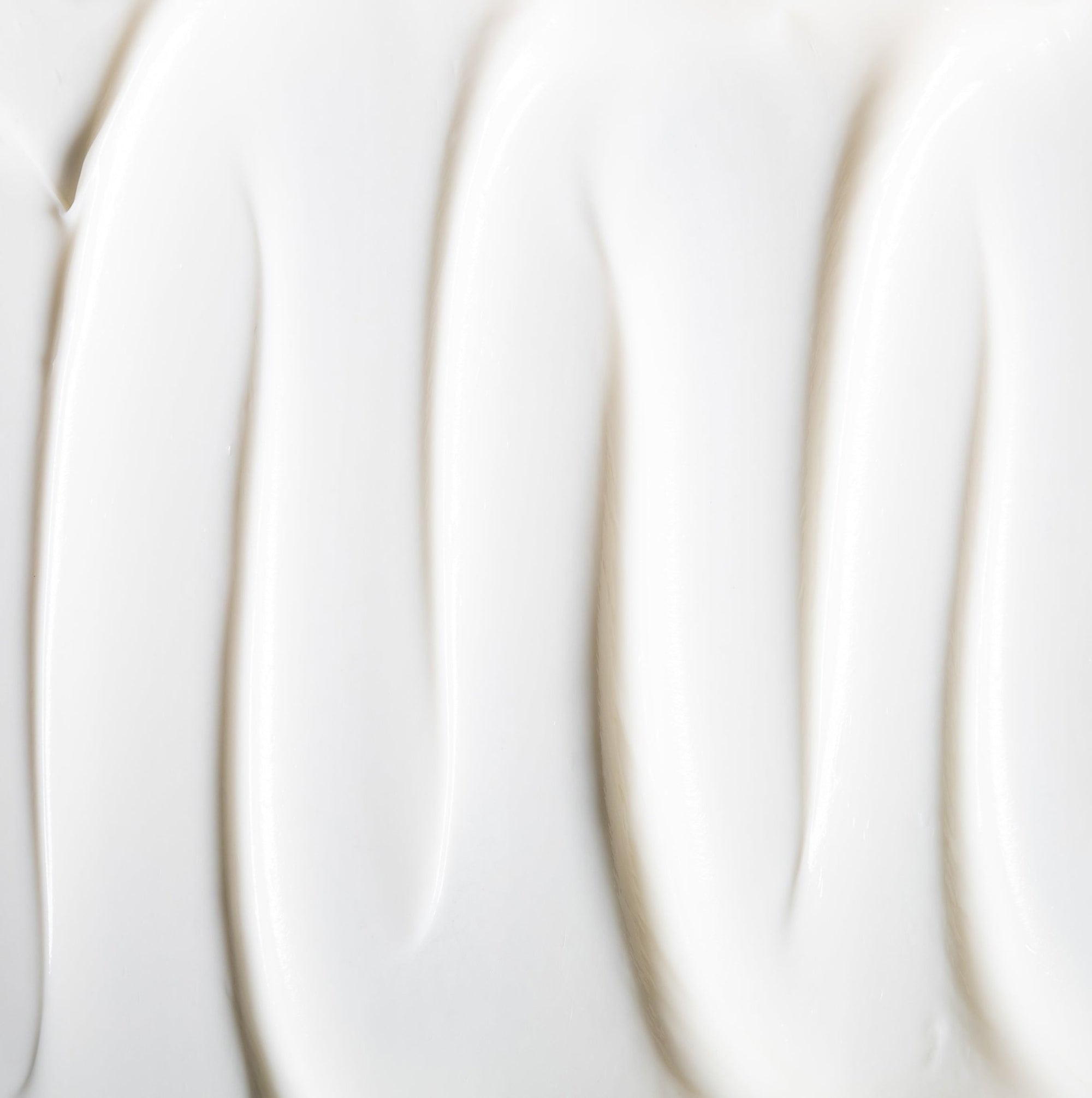What is exfoliating and why is it important?
Exfoliating is the process of removing dead skin cells from the surface of the skin. It is an essential step in any skincare routine as it helps to unclog pores, prevent acne breakouts, and promote a smoother, more radiant complexion. By removing the buildup of dead skin cells, exfoliating allows other skincare products to penetrate deeper into the skin, making them more effective.
How often should one exfoliate?
The frequency of exfoliation depends on your skin type. For most people, exfoliating 2-3 times a week is sufficient. However, if you have sensitive skin, it is recommended to exfoliate less frequently, perhaps once a week. On the other hand, if you have oily or acne-prone skin, you may benefit from exfoliating more often, up to 4 times a week. It is important to listen to your skin and adjust the frequency accordingly.
What are the different types of exfoliation?
There are two main types of exfoliation: physical exfoliation and chemical exfoliation. Physical exfoliation involves using a scrub or brush to physically remove dead skin cells. This can be done with ingredients like sugar, salt, or gentle abrasive particles. Chemical exfoliation, on the other hand, involves the use of acids or enzymes to dissolve the dead skin cells. Common chemical exfoliants include alpha hydroxy acids (AHAs) like glycolic acid and lactic acid, as well as beta hydroxy acids (BHAs) like salicylic acid.
Can exfoliating be harmful to the skin?
When done correctly, exfoliating is generally safe for the skin. However, over-exfoliating or using harsh exfoliants can cause irritation, redness, and dryness. It is important to choose gentle exfoliants and to avoid scrubbing too vigorously. Additionally, it is crucial to moisturize and protect the skin after exfoliating to maintain its health and hydration.
What products do you recommend for exfoliating?
We recommend using our gentle exfoliating cleanser, which contains natural exfoliants like jojoba beads to slough away dead skin cells without causing irritation. Additionally, our chemical exfoliating toner, formulated with glycolic acid and witch hazel, helps to refine pores and improve skin texture. Both products are suitable for all skin types and can be incorporated into your skincare routine for a healthy, glowing complexion.
Remember, exfoliating is an important step in achieving and maintaining healthy skin. By removing dead skin cells and promoting cell turnover, exfoliating helps to reveal a smoother, brighter complexion. Just be sure to choose the right exfoliants for your skin type and to follow up with moisturizer and sunscreen for optimal results.
What is exfoliating and why is it important for your skin?
Exfoliating is the process of removing dead skin cells from the surface of your skin. It is an essential step in any skincare routine as it helps to unclog pores, prevent acne breakouts, and promote a healthy, radiant complexion. When dead skin cells accumulate on the surface of your skin, they can make your skin look dull, rough, and uneven. By exfoliating regularly, you can reveal the fresh, new skin underneath and improve the overall texture and appearance of your skin.
How does exfoliating work?
Exfoliating works by using either physical or chemical exfoliants to remove dead skin cells. Physical exfoliants, such as scrubs or brushes, work by physically sloughing off the dead skin cells. Chemical exfoliants, on the other hand, use ingredients like alpha hydroxy acids (AHAs) or beta hydroxy acids (BHAs) to dissolve the bonds between the dead skin cells, allowing them to be easily removed.
What are the benefits of exfoliating?
Exfoliating offers a wide range of benefits for your skin. Here are some of the key benefits:
- Unclogs pores: Exfoliating helps to remove dirt, oil, and other impurities that can clog your pores and lead to acne breakouts.
- Improves skin texture: By removing dead skin cells, exfoliating can help to smooth out rough patches and improve the overall texture of your skin.
- Enhances product absorption: When you exfoliate, you create a clean canvas for your skincare products to penetrate deeper into your skin, allowing them to work more effectively.
- Stimulates collagen production: Regular exfoliation can help to stimulate collagen production, which is essential for maintaining firm, youthful-looking skin.
- Brightens complexion: Exfoliating can help to fade dark spots, hyperpigmentation, and other skin discolorations, resulting in a brighter, more even complexion.
How often should you exfoliate?
The frequency of exfoliation depends on your skin type and the type of exfoliant you are using. As a general guideline, it is recommended to exfoliate 1-2 times per week for normal to oily skin, and 1 time per week for sensitive or dry skin. However, it is important to listen to your skin and adjust the frequency accordingly. If your skin becomes red, irritated, or overly dry after exfoliating, you may be exfoliating too often or using a product that is too harsh for your skin.
What are some exfoliating products to try?
There are many exfoliating products available on the market, ranging from physical scrubs to chemical exfoliants. Here are some popular options:
- Physical scrubs: These typically contain small particles or granules that physically exfoliate the skin. Look for scrubs with gentle, rounded particles to avoid causing micro-tears in the skin.
- Chemical exfoliants: These include AHAs, such as glycolic acid and lactic acid, and BHAs, such as salicylic acid. They work by dissolving the bonds between dead skin cells, allowing them to be easily removed.
- Exfoliating brushes: These brushes have soft bristles that help to physically exfoliate the skin. They can be used with your regular cleanser for a gentle exfoliating effect.
Remember to always patch test new products and consult with a dermatologist if you have any concerns or specific skin conditions.
The bottom line
Exfoliating is an important step in any skincare routine. It helps to remove dead skin cells, unclog pores, and promote a healthy, radiant complexion. By incorporating exfoliation into your skincare routine, you can enjoy the benefits of smoother, brighter, and more youthful-looking skin.

